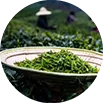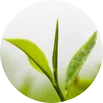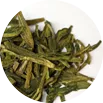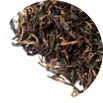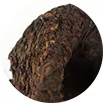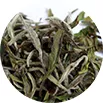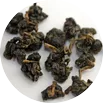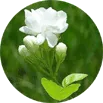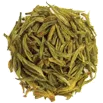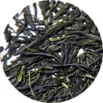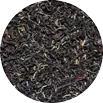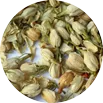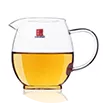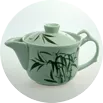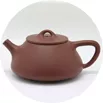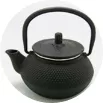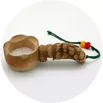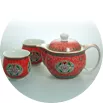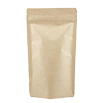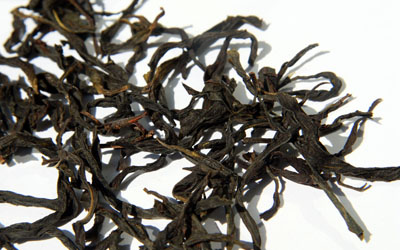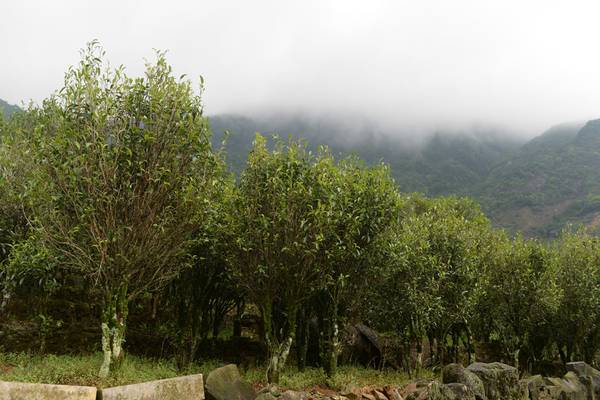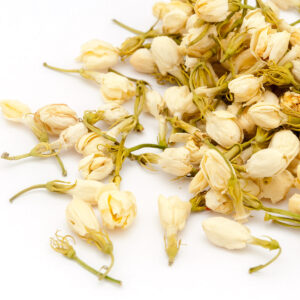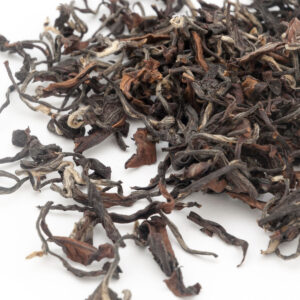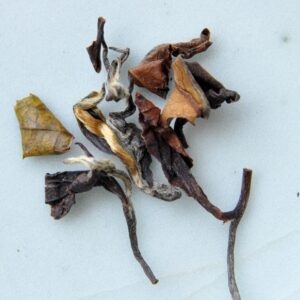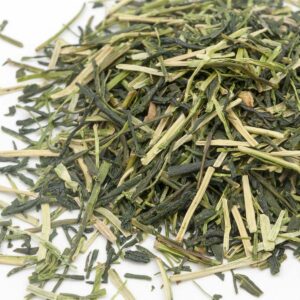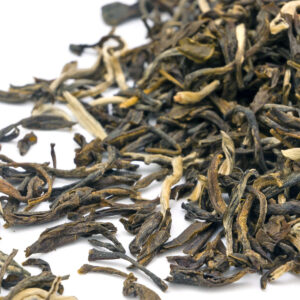The name Ya Shi Xiang comes from a folk tale. The first tea farmer who planted duck dung fragrance was named Wei. Because this tea has a very unique taste, he was worried that the tea would be stolen. He falsely claimed that the yellow soil was duck dung, and the special aroma of the tea was called duck dung fragrance. Over time, the name passed down.
Ya Shi Dao Hua Xiang
Please, login to see prices and buy
An excellent tea with a traditional but not very tempting name – “The smell of duck droppings”. The tea itself has one of the most amazing aromas that Dan Cong type teas can offer – delicious and full at the same time, charming, reminiscent of rice flowers, smooth and very sweet with complex floral tones and a long-fading aftertaste.
| Weight | N/A |
|---|---|
| Origin | |
| Place | |
| Harvest |
Related products
Jasmine Flower (mo li hua)
Dried jasmine flower (moli-hua), Jasminum Sambac. It comes from China, from where it spread further to Arabia and Persia and from there to Europe. It is an evergreen climbing plant or shrub, which grows to a height of 0.5-3 m. According to Chinese medicine, it improves eyesight and promotes smooth menstruation.
Guangxi Dong Fang Mei Ren
Kukicha
Hua Cha White King
"White King"-Jasmine tea is produced in many provinces in China and is very popular (especially in the north of the country). The tea can be dried with jasmine and its odor can be absorbed, or the jasmine can be added directly to the tea. In this way, the tea acquires the aroma of jasmine, but still retains its original taste. Jasmine tea is light and pleasant. "White King" itself is a relatively high-quality green tea with rich fluff, but the addition of jasmine further improves its quality.
The white king we provide is mixed with fresh autumn jasmine in a ratio of 4:1 (gradually use 4 kg of jasmine per 1 kg of tea).



